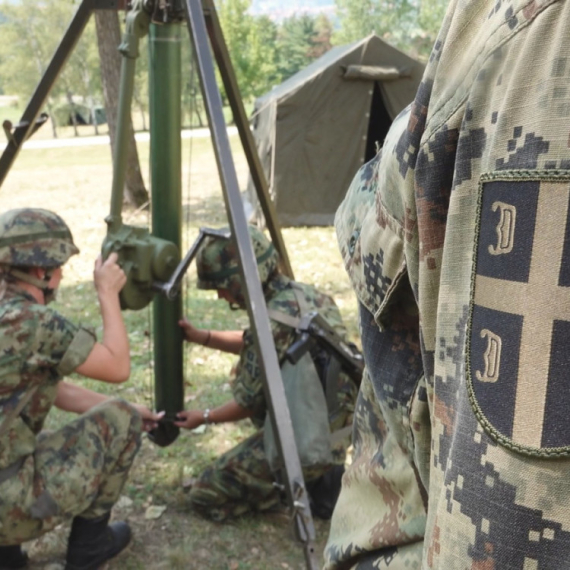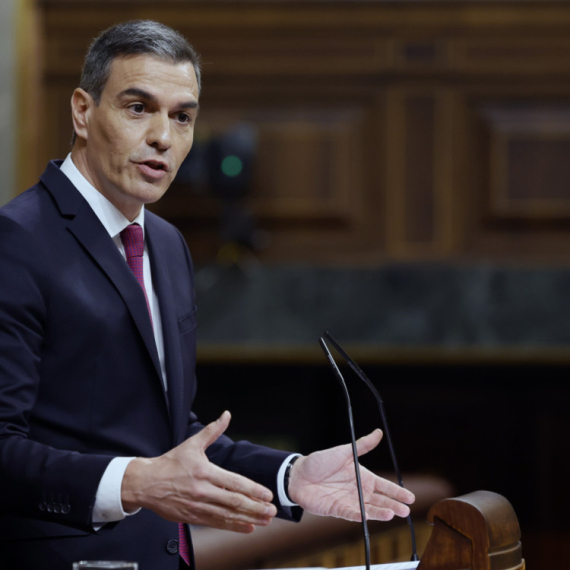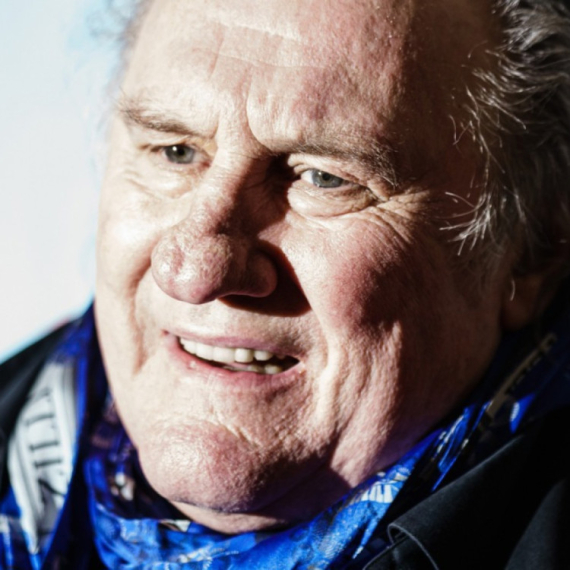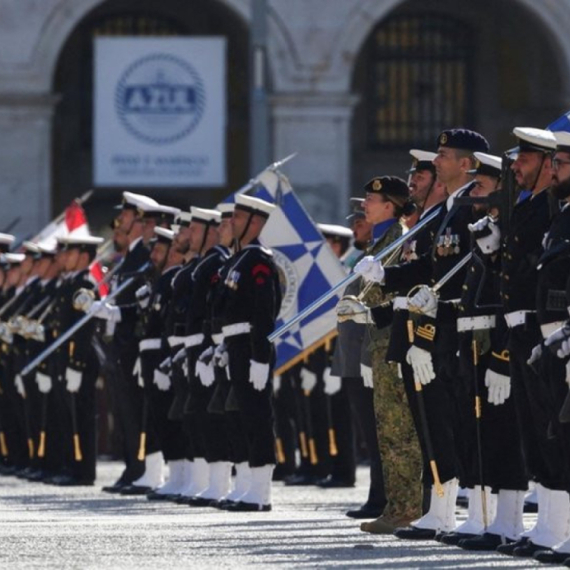Dayton Agreement favors nationalists, expert says
The Dayton Accords is favoring nationalists in Bosnia-Herzegovina, says Center for Transatlantic Relations’ Daniel Serwer.
Thursday, 05.04.2012.
15:44

The Dayton Accords is favoring nationalists in Bosnia-Herzegovina, says Center for Transatlantic Relations’ Daniel Serwer. Serwer, who was one of the mediators in reaching of the Dayton Accords in 1995, has said that wounds in Bosnia-Herzegovina have not healed yet and that there are still politicians “who are trying to play the ethnic division card for the sake of their own goals”. Dayton Agreement favors nationalists, expert says When asked whether the EU membership could be attractive enough for Bosnia-Herzegovina so it would overcome differences, Serwer said that it was visible how attractive it was when the country received visa liberalization. The U.S. expert added that “every citizen of Bosnia-Herzegovina traveling to the poorest part of the Union would be shortsighted if failed to admit that membership in the bloc is very desirable”. “The problem is that the policy in Bosnia-Herzegovina does not allow people who are seriously committed to fulfilling that goal to step on the scene. It is partially even our mistake because the Dayton Agreement favors nationalists who do not have much of an interest to bring Bosnia-Herzegovina closer to Europe,” Serwer explained. According to him, the lack of interest comes from the fact that Europe “is not a suitable ground” for nationalists to flourish. Serwer also stressed that “the biggest mistake of the U.S. was to accept the partition of Bosnia-Herzegovina based on 51-49 percent principle” and added that “the decision on the proportion was made several years before the Dayton Accords even though it did not reflect the situation in the field”. Beta
Dayton Agreement favors nationalists, expert says
When asked whether the EU membership could be attractive enough for Bosnia-Herzegovina so it would overcome differences, Serwer said that it was visible how attractive it was when the country received visa liberalization.The U.S. expert added that “every citizen of Bosnia-Herzegovina traveling to the poorest part of the Union would be shortsighted if failed to admit that membership in the bloc is very desirable”.
“The problem is that the policy in Bosnia-Herzegovina does not allow people who are seriously committed to fulfilling that goal to step on the scene. It is partially even our mistake because the Dayton Agreement favors nationalists who do not have much of an interest to bring Bosnia-Herzegovina closer to Europe,” Serwer explained.
According to him, the lack of interest comes from the fact that Europe “is not a suitable ground” for nationalists to flourish.
Serwer also stressed that “the biggest mistake of the U.S. was to accept the partition of Bosnia-Herzegovina based on 51-49 percent principle” and added that “the decision on the proportion was made several years before the Dayton Accords even though it did not reflect the situation in the field”.



























































Komentari 6
Pogledaj komentare